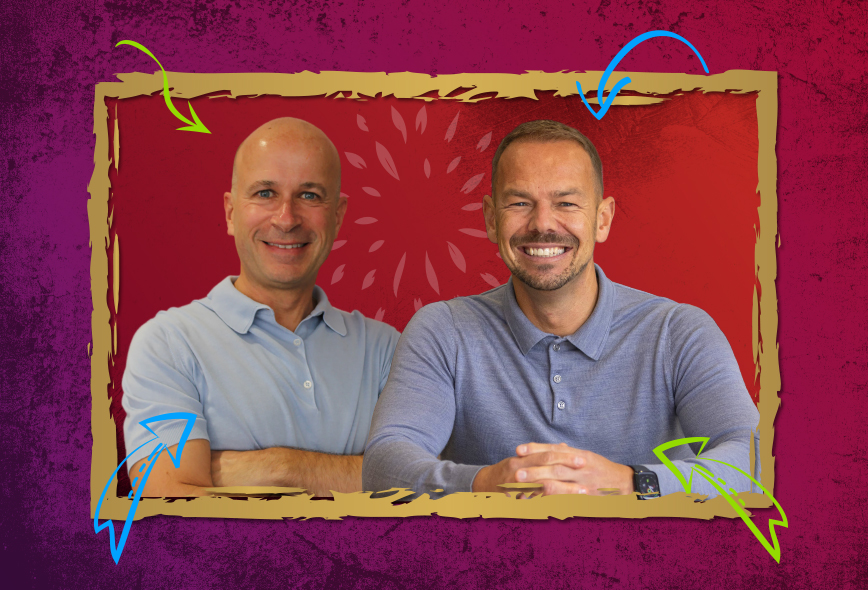
A NEW CHAPTER OF LEADERSHIP AT CPW

Sally Spencer
4 minute read

1 Reply:
Want to know the latest from CP Wealth? You're in the right place for killer content, news and views. Selling a business? Looking to learn more about investing? Curious about investment fees? We've got your back.